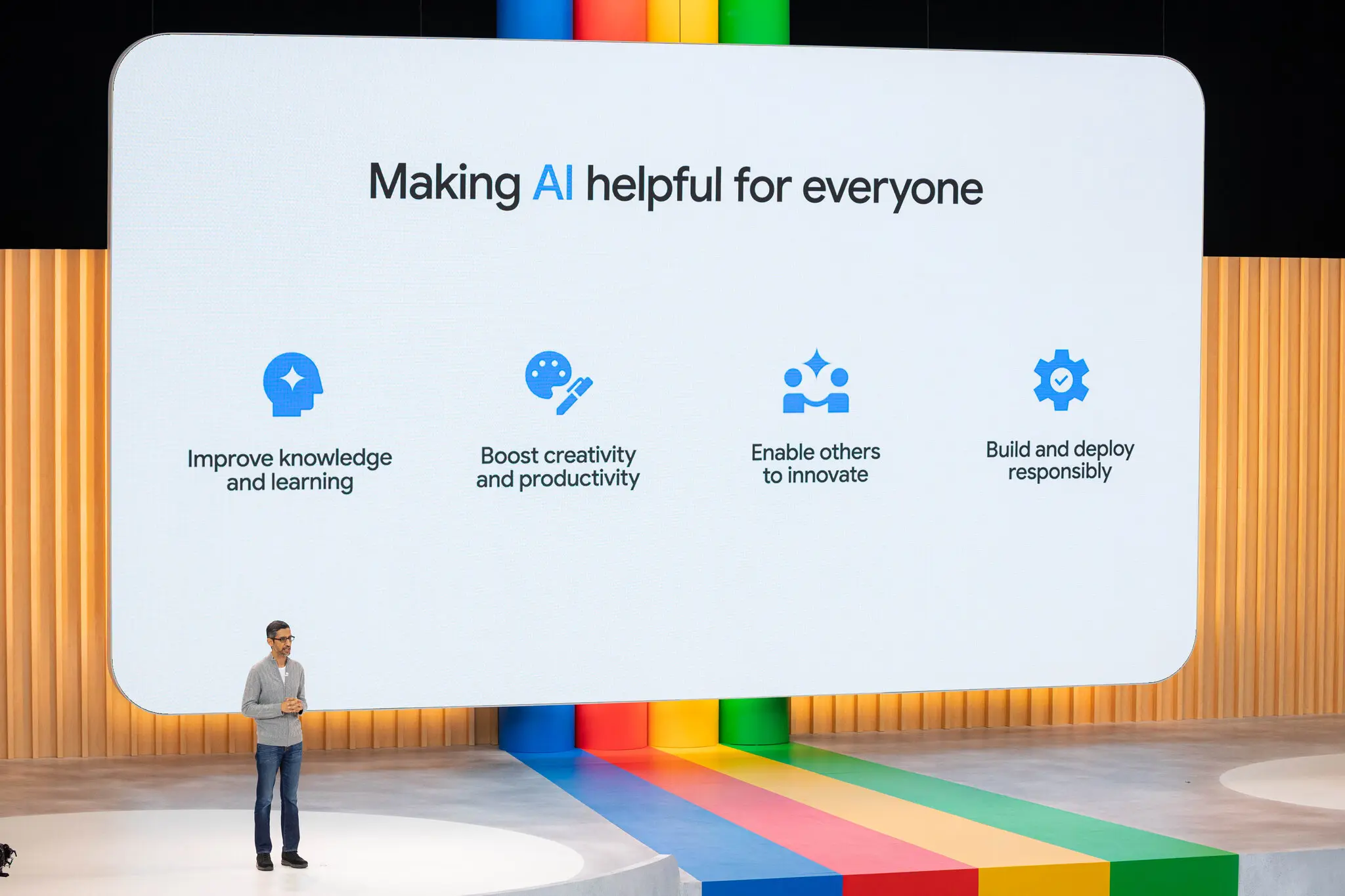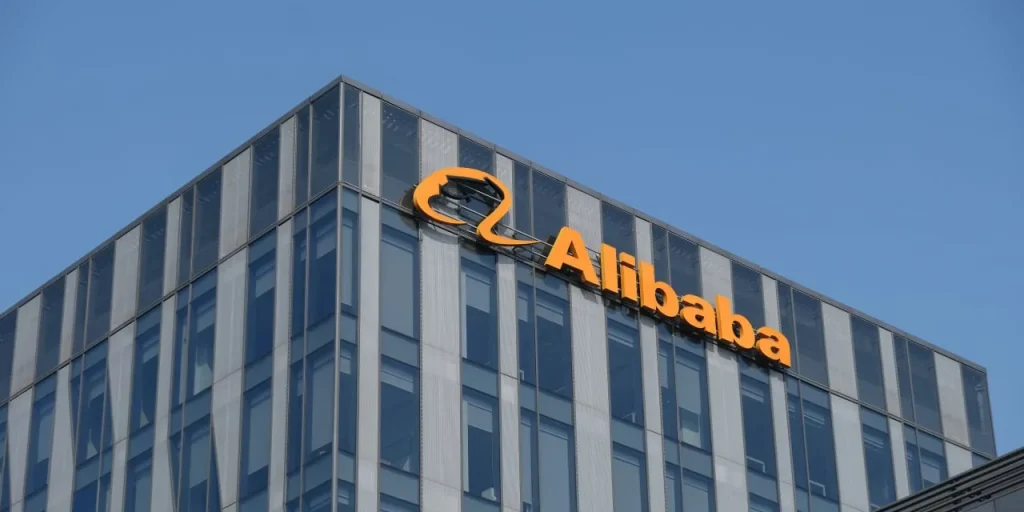
A Broad Range of AI Enhancements
During the keynote, Google CEO Sundar Pichai and other executives showcased a series of enhancements that are set to redefine user interaction across Google platforms. A notable highlight was the introduction of Gemini 1.5 Pro, Google’s latest AI model, which powers the new feature “Ask Photos.” This feature allows users to delve deep into their photo libraries to extract information, such as pinpointing when a significant event occurred or identifying objects within the photos.
The AI’s capabilities extend to handling email communications more efficiently. For instance, Gemini 1.5 Pro can summarize key points and action items from a barrage of emails, significantly cutting down the time users spend managing their inboxes.
Competitive Response to ChatGPT
The timing of Google’s announcement comes just a day after OpenAI, a leading AI research institute, unveiled improvements to its ChatGPT AI model. In direct competition, Google demonstrated Gemini’s enhanced “multimodal” capabilities, which now accept input via text, voice, or images—a clear nod to ChatGPT’s recent advancements.
Enhanced Search Functions and Real-World Applications
Google also showcased improvements to its search functions, allowing for more natural and precise queries, and providing responses in various formats, from detailed explanations to concise summaries. This is part of Google’s broader aim to streamline user experiences.
In a move towards blending AI with daily practical applications, Google teased Project Astra, developed by its DeepMind AI lab. This project aims to enable AI assistants to interpret real-world information through phone cameras, assisting users in tasks like identifying objects or locating misplaced items. The potential for integration into augmented reality devices, like glasses, was also hinted at, showcasing Google’s vision for a more interconnected, AI-driven future.
Upcoming Integrations and Security Measures
Looking ahead, Google plans to integrate more AI functions into mobile devices. Users will soon be able to interact with AI-generated images, videos, and documents directly through apps like Google Messages and Gmail. Additionally, new Android tools are being developed to enhance security, such as detecting suspicious activity during calls to prevent scams.
Market Implications and Future Outlook
Market analysts view these developments as a strong indicator of Google’s ability to remain at the forefront of the AI evolution, potentially setting new standards for consumer technology. “Google is demonstrating how it can effectively differentiate itself from rivals,” noted Jacob Bourne from Emarketer.
However, as Google accelerates its AI initiatives, it also faces challenges, including the need for increased protections against misuse. The company is expanding features like SynthID to detect AI-generated content and adding watermarks to AI-generated images and audio to ensure authenticity.
Conclusion
Google’s ambitious AI strategy, showcased at the Google I/O conference, reflects its commitment to leading the digital transformation across its platforms. By integrating AI into everyday tools and enhancing user interactions, Google not only aims to improve functionality but also to set new industry standards in an increasingly AI-driven world. As these technologies develop, the potential for more personalized and efficient digital experiences becomes apparent, marking a significant leap forward in how we interact with technology.







